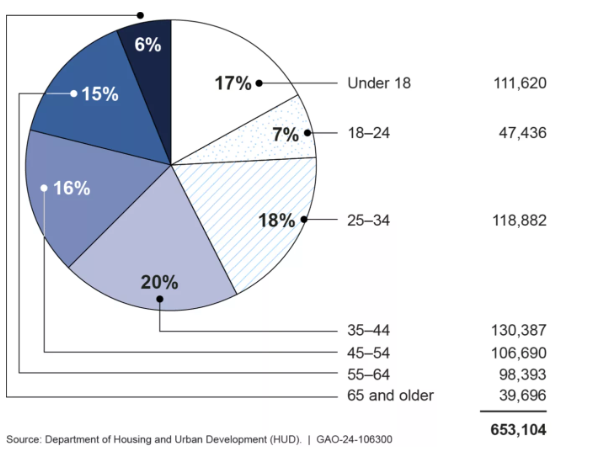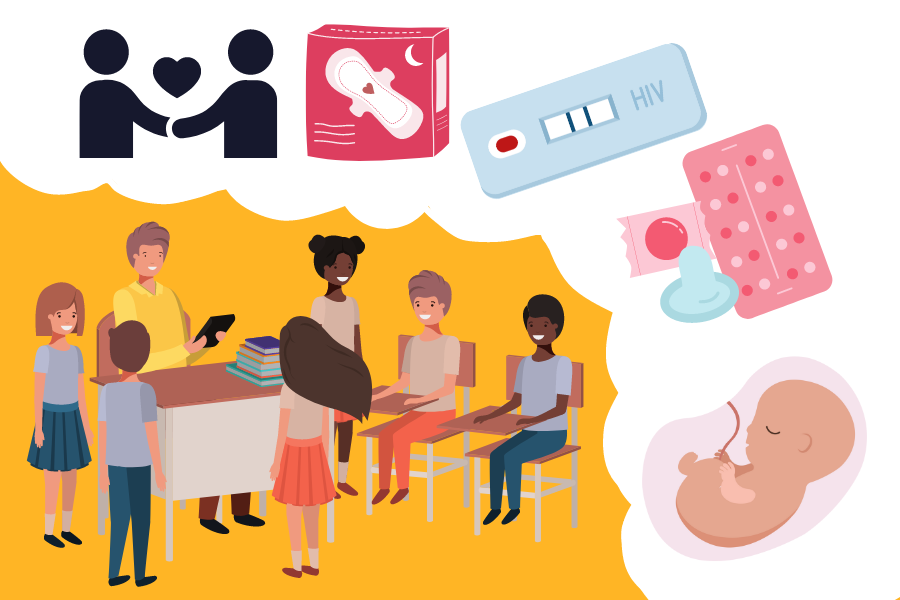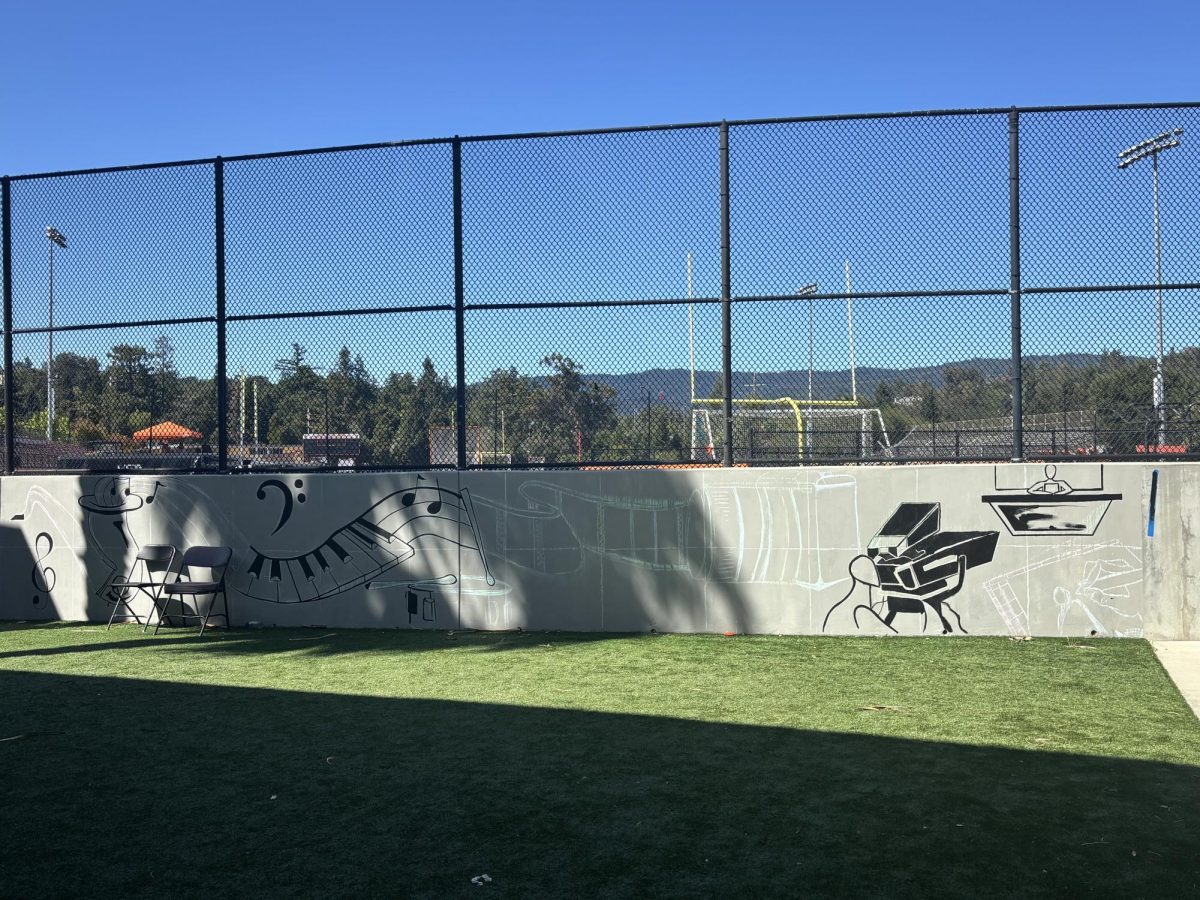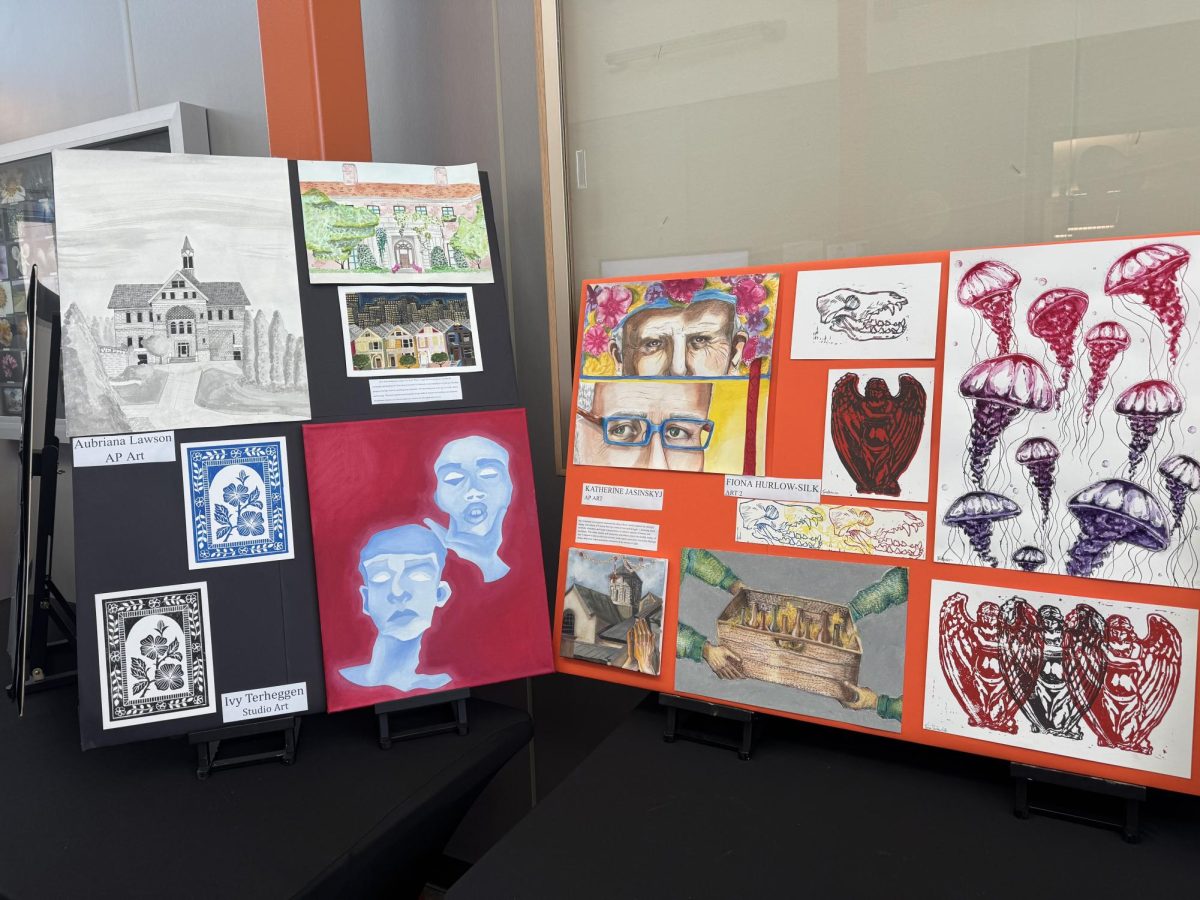Try and look at this photo without any judgment:

Well, the reality is, it is really, really difficult to.
It is hardwired into human brains to judge. From the moment we’re born, we start picking up on the things around us. Think about how we learn to talk: we listen to the sounds and pitches of voices. When overhearing a conversation between our parents or hearing an airplane fly by outside, we are taking in the atmosphere around us and putting it in our back pocket for future interactions. Essentially, we are instructed to perform based on what we’ve observed. We demonstrate this learning through observation in school, in friendships, and in family life. However, while observation can be crucial for learning, it can also be used to fuel our inner judgment of others, our stereotypes, and our biases.
In high school, these biases and stereotypes we have are often piqued. Entering a new school with new people and new teachers can be daunting, so our brains tell us that stereotyping is what will keep us safe. On my first day of freshman year, I sat in my class and looked around the classroom. I can remember being incredibly judgmental. I was, both positively and negatively, scrutinizing my classmates and sizing them up. It was primarily physical factors–what outfits they were wearing, their hairstyle–as I hadn’t gotten to know them yet. I didn’t have many friends starting high school, so I felt like when I decided who I wanted to befriend, I did so based on how they presented themselves. Now that I look back on this memory, I realize how superficial this judgment was. I had no idea who those people were: what they loved to do, what they wanted to be, or even what their voices sounded like. My judgment of my classmates was me organizing them into the file cabinets of my brain, stereotyping them how my biases told me to. My judgments can be categorized as “snap judgments”–judgments we make instantly that are often formed through our inner biases and stereotypes.
In the Princeton University article “Snap judgments decide a face’s character, psychologist finds,” Chad Boutin states that “researchers asked observers to look at 66 different faces for one of three-time durations: either 100 milliseconds, 500 milliseconds or a full second. After each face flashed on the screen and vanished, the observers marked whether they found the face to be trustworthy or not, and also how confident they were in their analysis. Other experiments conducted in similar fashion tested for different specific traits, such as likeability and competence.” The article then explains how those participating in the experiment only became more confident in their judgment the longer they looked at a face on the screen. Similar to my experience, these people had no idea who those on the screen were–they assumed who they were and what they stood for based on a snap judgment they made.
While biases often significantly impact who we assume people to be, our insecurities can also present reasons why we judge others.
“I think I personally judge people based on my own insecurities,” sophomore Lily Gustafson said. “And I reflect that upon other people–like let’s say I’m insecure about something, I’ll look for that in others and judge them because I feel like it protects me.”
Since judgments are often the projecting of our own internal critique, addressing what is truly bothering us about ourselves might be key to having more of an open mind.
“Especially now that I’ve had time to reflect, I think, ‘What is this saying about yourself?’” Gustafson continued. “And I sort of tell myself, ‘Worry about yourself, don’t get caught up on other people.’”
Although we can try our best to eliminate biases, having an entirely open mind is still difficult. A picky eater might still struggle to try broccoli, and a younger brother might struggle to share his new toys. But judging others based on our snap judgments can only get in the way of us meeting new people and experimenting with new ideas–something that could prove to be genuinely beneficial, as forming lasting relationships is what gives us meaning. So the next time you find yourself judging someone else, think: “What is this saying about me?”



















